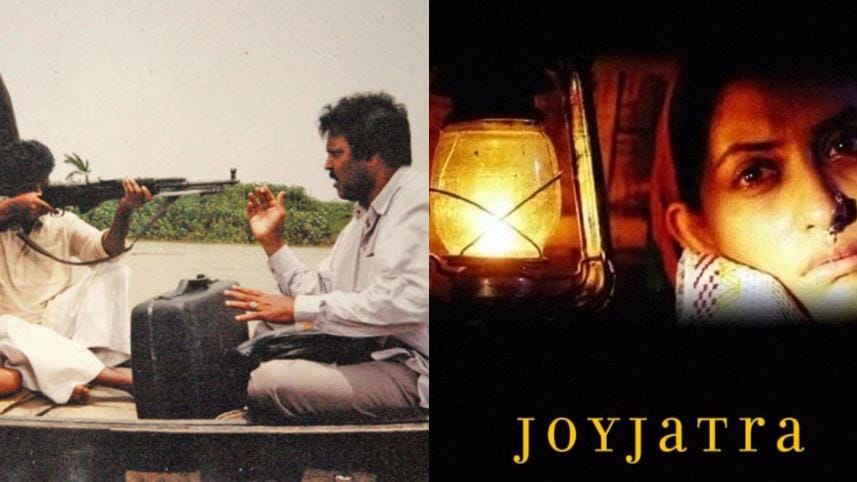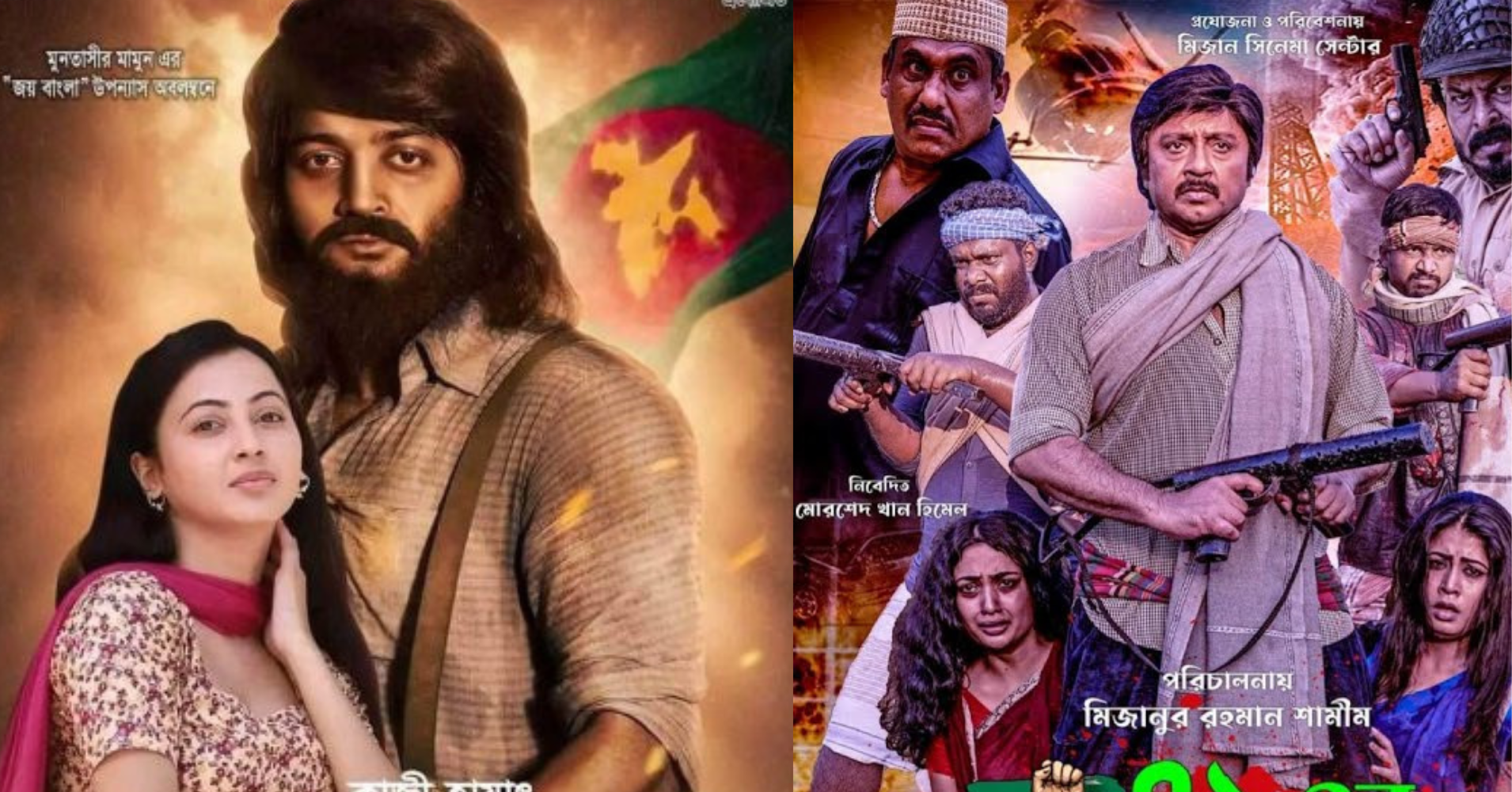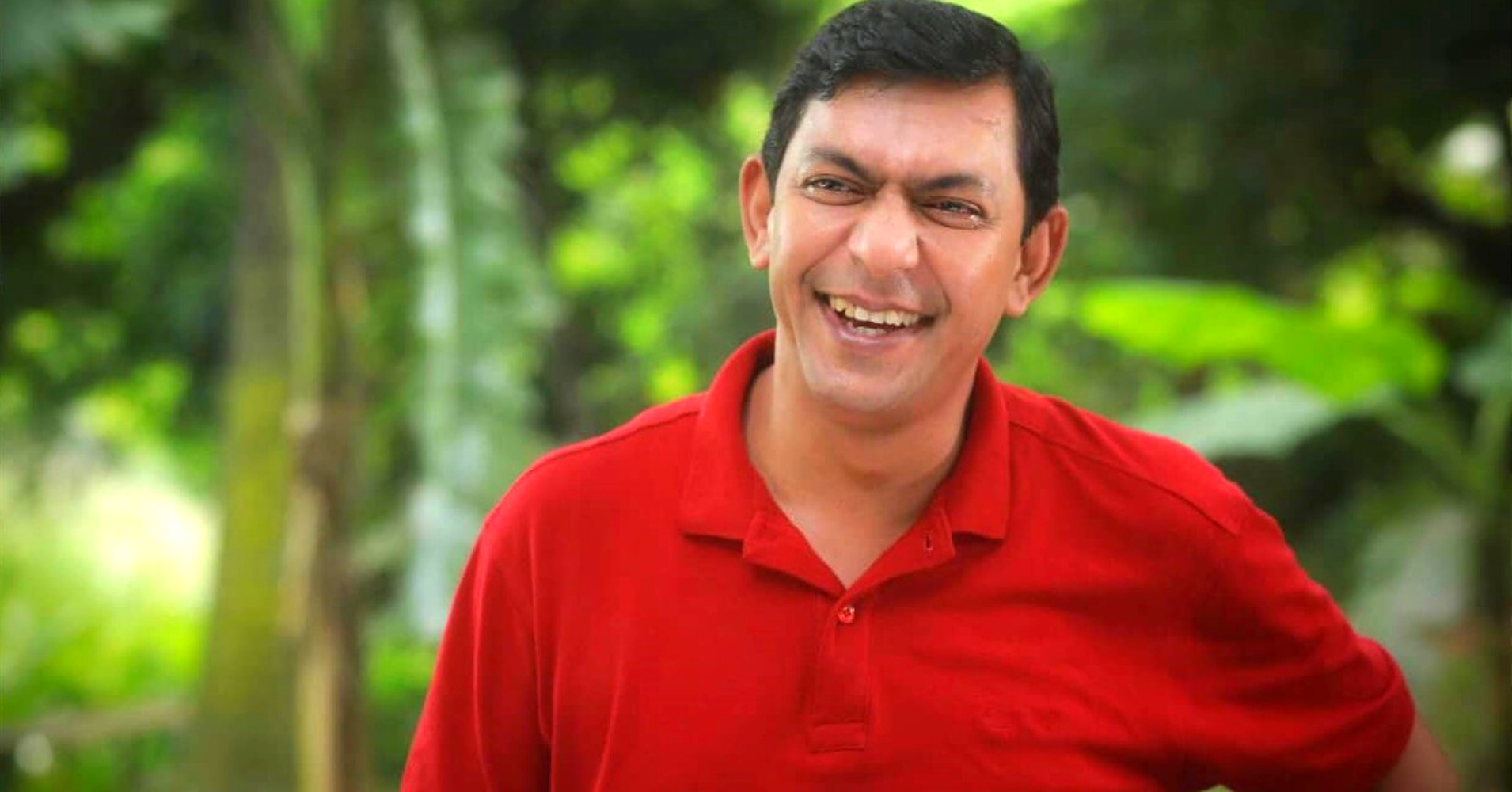The price of freedom: Reminiscing ‘Joyjatra’

A diverse group of people, heading towards the Indian border, during the tumultuous time of 1971. They are all captured by the loss they have endured, burdened by the anxiety of the uncertain. Yet, a string of hope ties them all together. This unique plot and its excellent execution make "Joyjatra" one of the finest works based on the Liberation War.
The movie begins in a remote village. Even though the Liberation War is already underway, there is a sense of denial regarding the looming danger. It is unfathomable to the common people of the region that war would break out in such a small village.
Unfortunately for them, this remote village too came under fire, causing people to flee for their lives, leaving on boats, forsaking everything that they had come to know and love. The sense of sheer shock—which had been rampant in the unfortunate experiences of 71—is perfectly captured by the film.
The boat ride itself is a metaphor for the Liberation War. Each individual on this journey is marred by some kind of personal loss, yet, they refuse to lose hope. The dichotomy between the ones who made it to the boat and those who didn't are stunningly shown, reminding us of the nuanced sorrows which shaped our desire for freedom.
"Joyjatra" does not merely attempt to show these characters in a saintly form. Their toxicity and selfishness are still showcased, alongside the pure emotions of love and empathy. The film does not shy away from what people actually do in desperation, reminding us that even morality and philosophy change when circumstances are dire.
What really holds audiences captivated is the marvellous acting of the ensemble cast. The performances by Bipasha Hayat, Abul Hayat and Humayun Faridi are exceptional. The chemistry between the characters adds immense value to the movie. Suffice to say, Tauquir Ahmed's directorial debut duly earned him a National Award for this film.
The simple cinematography elegantly captures the beautiful landscapes of Bangladesh. The rivers, the fields, the flowers stay in sharp contrast with the characters and their mental states. One is reminded of the suddenness and brutality of the war. At its heart, "Joyjatra" has a palpable sense of the constant grip of panic and fear being experienced by these characters.
Themes of migration and refugee crisis are also portrayed well, and are still extremely relevant in the present day. The disproportionate ratio of migrating minority communities, their sense of uprooting, their desire to go back to their homes, are often missed in public discourse. "Joyjatra" reminds us that these migrants we talk about, are in fact people with personal stories and emotions, who were left with no other choice.
As a concept, resistance is one of the themes that is brilliantly explored in this movie. Answers to issue like how people processed torture and what drove them to war are also well narrated. The fact that our Liberation War was truly a mass movement, where people actively participated to avenge injustices and liberate themselves is carefully depicted.
"Joyjatra" is about everything inherent to our country, this civilisation, our losses and our gains. It is a tale of the birth of a nation and the deaths that paved its path. It is a reminder of who we are as a nation and how we got here.




 For all latest news, follow The Daily Star's Google News channel.
For all latest news, follow The Daily Star's Google News channel. 


Comments